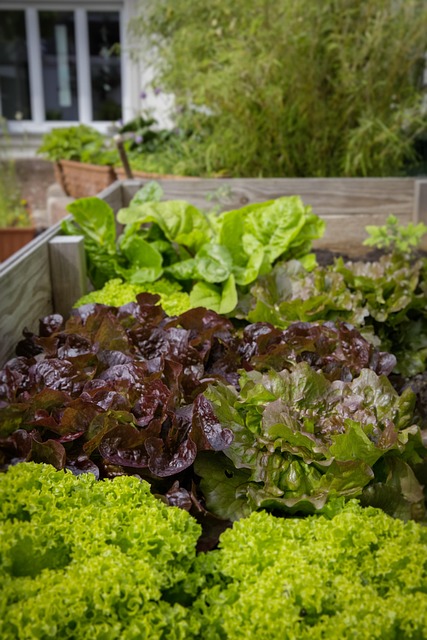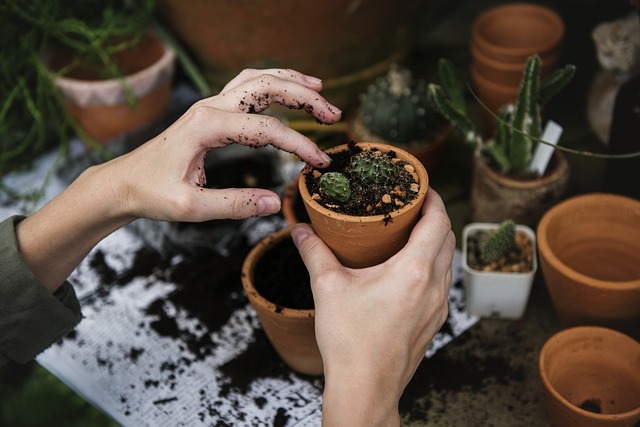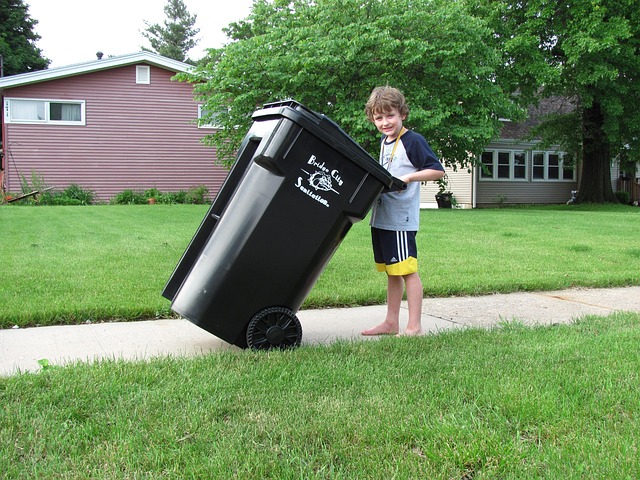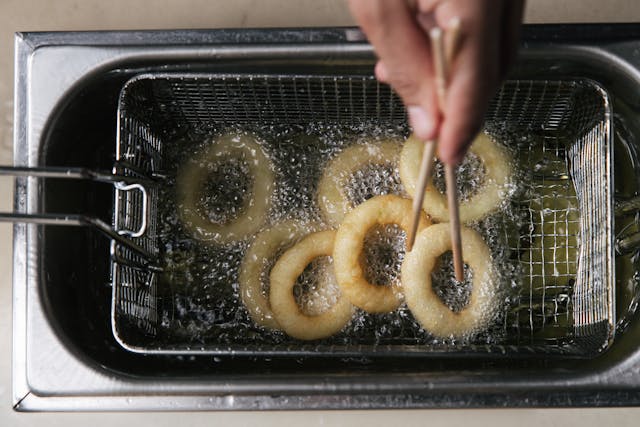Homegrown food access becomes increasingly difficult as urban populations rise and developments expand.
Fresh food and the need to be innovative with what space you have available is extremely important.
Learning some sustainable urban gardening tips is a practical solution for those with balconies, rooftops, and even windowsills.
You’ll be surprised at what you can if you approach even the smallest of spades innovatively, so let’s get inspired.

Image Source: Pixabay
The Importance of Plant Choices in Small Spaces
To successfully garden in a small space, you need to be careful with plant choices. It is best to stick to high-yield crops that thrive in confined spaces and require minimal maintenance.
Best Plant Choices for Small Spaces
Leafy greens such as lettuce, spinach, and kale are good options because they grow quickly and can be picked sparingly as and when you need them.
A small herb garden is also a great sustainable option that can be picked and maintained. Herbs such as mint, rosemary, and basil add amazing flavor to dishes, and they don’t get any better than freshly picked.
Cherry tomatoes, peppers, and radishes are some great compact vegetable ideas that don’t mind being confined to pots.
You can also train peas and beans and make good use of vertical space.
Edible Flowers and Microgreens
You might also consider edile flowers, which are as beautiful as they are and interesting to add to a salad. Nasturtiums and violets are two great choices.
Another route to consider is microgreens, which can be grown on a sunny window ledge. They provide a nutrient-dense addition to your diet. Arugula, mustard greens, and broccoli sprouts are top choices.
Using Vertical Gardening Methods to Maximize Space
When floor space is limited vertical gardening ideas provide the perfect solution allowing the urban gardener to make the most of the square footage available.
Hanging Gardens & Wall-Mounted Solutions
To help transform the space you have available you can use hanging pots or mount planters to a wall balcony or fence.
You can buy hanging gardens made from fabric pockets or create your own DIY wall-mounted planters with recycled wood making it all the more sustainable and eco-friendly.
Trellises & Stacked Containers
Training climbing plants can be done with wall-mounted trellises or gardening canes formed into pyramids. They can direct the plants, such as cucumbers and squash, to grow upwards and make use of the vertical space.
You can also get your hands on some great stackable solutions, grow in multiple layers, and increase the space you have dramatically for a better yield.
Incorporating Eco-Friendly Practices
To truly benefit from urban gardening it needs to be sustainable so it’s a good idea to incorporate eco-friendly practices to help reduce waste and conserve resources. Gardening in this manner is also better for the environment so it’s win-win.
Enriching Soil
Soil composition is really important for gardening, and soil amendments are sometimes needed.
By composting your kitchen scraps and garden waste, you can create your own source of nutrient-rich soil to repot and top-up.
Coffee grounds and eggshells are great for enhancing your soil fertility and promoting plant growth, and they are a perfect choice for sustainable fertilizer.
Conserving Water
To minimize your water waste, you can use drip irrigation and self-watering planters. You can also opt for drought-resistant vegetable varieties and collect rainwater.
Smarter Gardening: Tech Tools for Better Sustainability
You can also optimize your urban growing efforts by leveraging modern technology to help with management and resource allocation.
Automating Watering & Growing Year-round with LEDs
Plants need just the right amount of water; with an automated watering system, you prevent them from getting too much or too little.
If you have limited sunlight or outdoor space, you might want to consider using LED grow lights to expand your options.
Apps & Online Resources
There are tonnes of great gardening apps and resources online you can make use of. Joining groups on social media and other platforms and forums can be a great place to discuss and learn.
You’ll find many topics at your fingertips, such as plant care, pest management, and seasonal planting.
If privacy matters to you, then downloading a virtual private network from a reputable VPN provider can help protect your data while you surf.
Shared Spaces & Community Gardens
You don’t necessarily have to garden privately; there are many urban gardening communities cropping up as the culture grows and more people take an interest in sustainability.
These spaces create a source for collective food production and have positive mental health benefits from the social aspect.
Community Gardening Benefits
With over 6,500 known food deserts across the United States (areas where local fresh food is difficult to source), community gardens are a fantastic solution.
Having a space where neighbors can come together and cultivate fresh food to share encourages sustainable practices and makes local fresh produce accessible.
These spaces have also been shown to improve air quality and reduce heat, and while focusing on one shared goal, neighbors foster deeper connections.
Collaborating on Rooftops & Balconies
Rooftop and balcony gardens are the ideal way to maximize yields. Neighbors can pool their resources, and labor and maintenance costs are reduced.
The act of gardening brings people together and in areas where fresh vegetables are scarce, the entire community can benefit.
Conclusion
With the right plant selection and a little ingenuity, you can make even the smallest places into a productive sustainable urban garden.
Being able to grow your own fresh food is eco-friendly, helps reduce food bills, and is not to mention a very rewarding project.
It teaches environmental responsibility, and by adopting eco-friendly measures into your sustainable gardening strategy, you are doing your bit for the environment.
Growing communally has even further benefits because social engagement with neighbors has a positive effect on everyone. It also has the power to help stamp out food desserts.
So, be it a tiny balcony or a communal rooftop empower yourself and get urban gardening today and do your part to work toward sustainability in cities worldwide.




